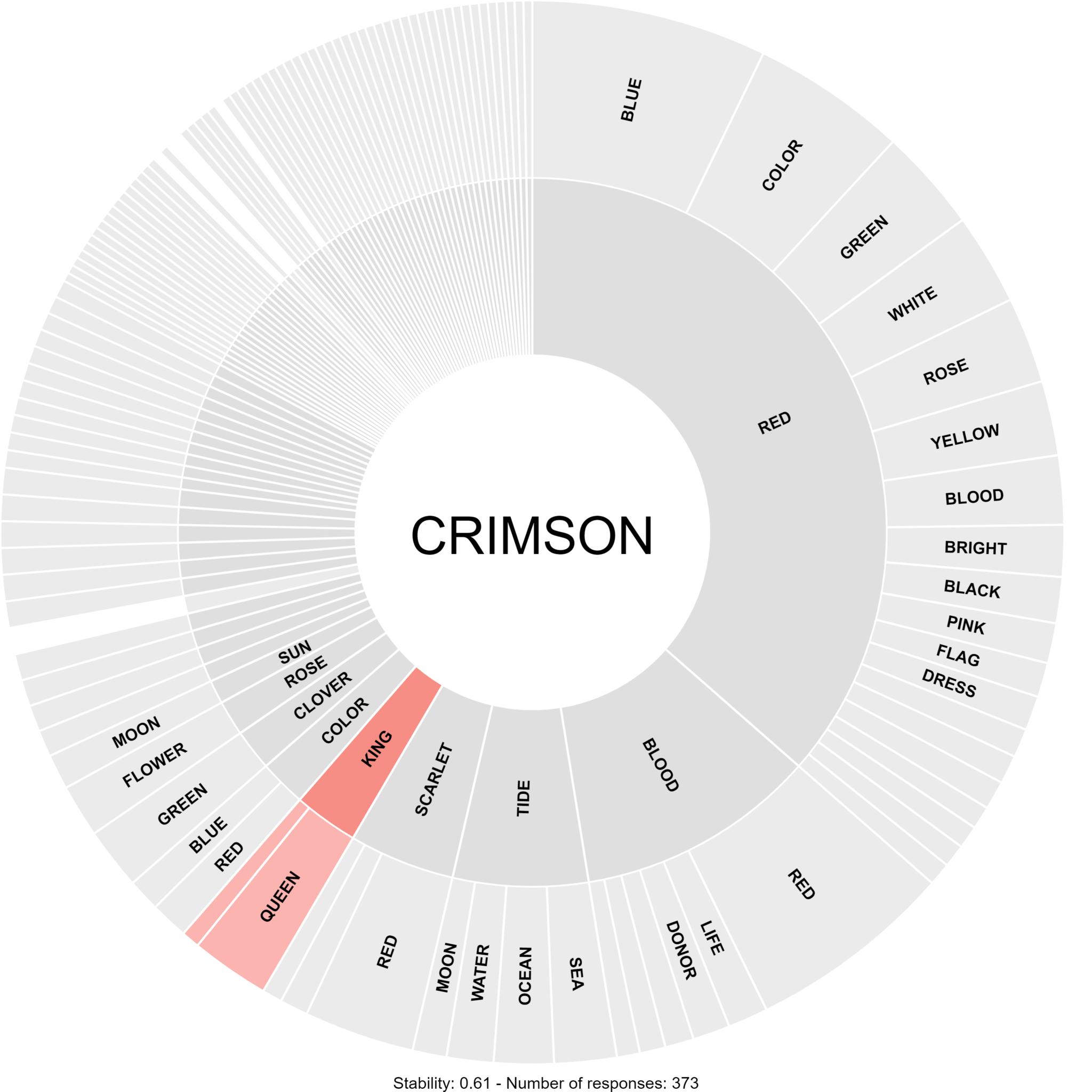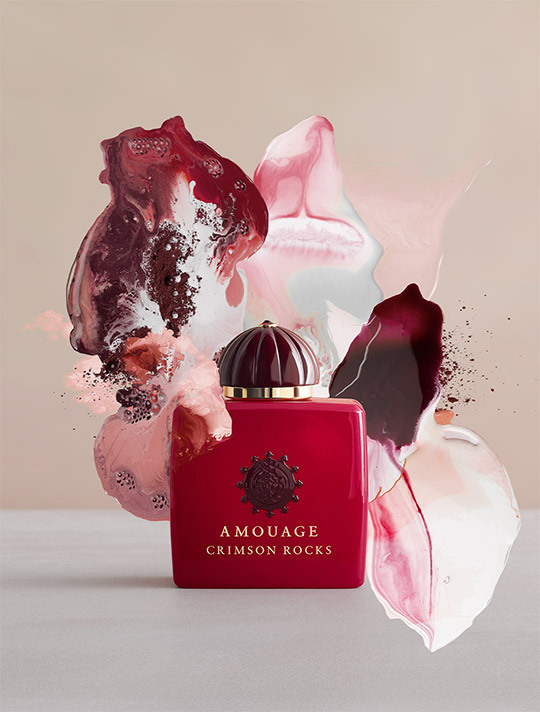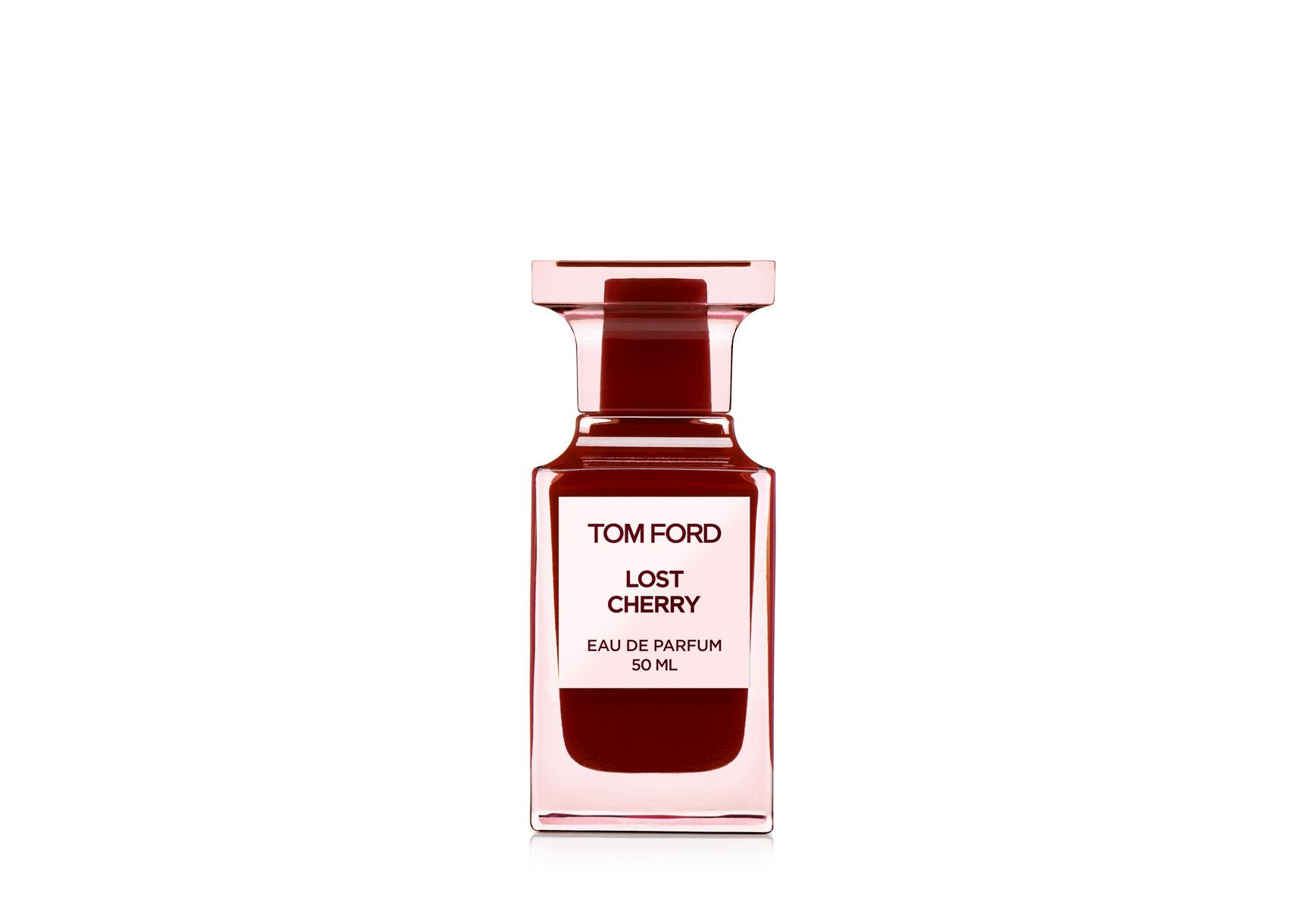Mindspeller aims to connect brands more strongly with their audience. Language use plays a big part in it.
Language permeates almost everything that we do, and it’s a social endeavor. We learned our mother tongues by interacting with people, observing how they used language, and instinctively drawing our own conclusions from it. All throughout our lives, we build a special sort of dictionary in our heads – one that tells us, automatically, not just what words mean, but also which words share meaningful connections.
The spontaneous associations of the words you use have an important impact on how people perceive you and your brand. They play a crucial role in how your audience will emotionally relate to your message. The association wheels below show that the words ‘crimson’ and ‘cherry’ (which are very similar shades of red) have very different associations – the former is directly related to ‘king’, whereas the latter is directly related to ‘sweet’. It is these associations that Amouage and Tom Ford explore with their fragrances Crimson Rock and Lost Cherry, respectively.

In this Association Wheel, you can see the most common words directly associated with ‘crimson’ in the inner circle, and the associations of the associations in the outer circle.

In this Association Wheel, you can see the most common words directly associated with ‘cherry’ in the inner circle, and the associations of the associations in the outer circle.

Amouage describes Crimson Rocks as “[conjuring] the majesty of Al Hajar mountains in all their glory at dusk.

Tom Ford writes that “Lost Cherry is contained in a luscious, deep cherry-red bottle [that captures] the scent’s dichotomy of sweet and dark […]”
Thinking of this, Mindspeller has built one of the biggest spontaneous association networks in the world, and developed an AI that allows you to explore meaningful, deeper connections in the collective subconscious and start shaping brand perception at the click of a mouse. Book a demo to find out more.



